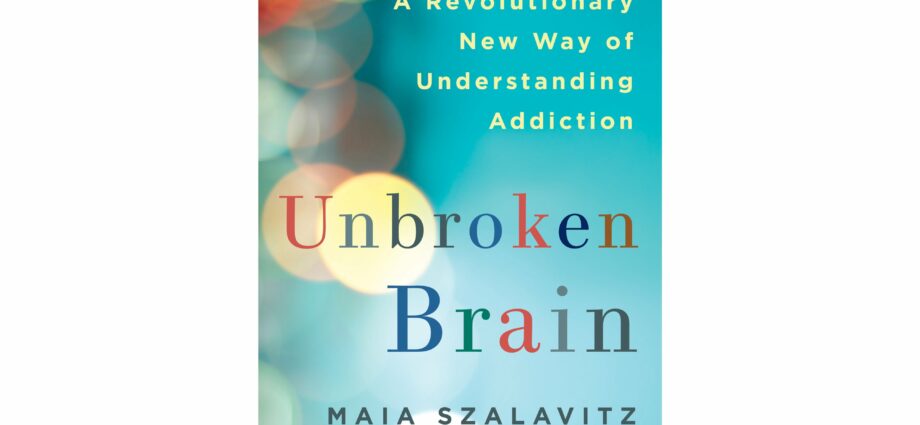Hevitra ato Anatiny
Fa maninona isika no andevozin'ny olona mandratra antsika?
Psychology
Our childhood is a determining factor in how in adulthood we form and maintain our relationships

Gambling is said to be the addiction of the XNUMXst century. Like this one, which frequently makes the headlines, we constantly talk about other dependencies that inhabit the cracks of society: alcoholism, drugs or sex. But, there is another addiction that coexists with all of us and many times we ignore; the human dependency, the need that we generate and feel towards other people.
Human relationships are the pillar of our life, but many times we are involved in toxic pairings, loving, family or friendship, that restrict us as people and do not allow us to develop or be happy.
This is how Manuel Hernández Pacheco, graduated in Biology and Psychology from the University of Malaga and author of the book “Why do the people I love hurt me?” Explains it. «Functional emotional dependence as a mechanism of gambling, at the time that I I feel a reward with a person, that at some point he treated me well or made me feel loved, I am going to get hooked on that feeling », explains the professional. The problem arises when that person on whom we “depend” begins to hurt us. This can be for two reasons; On the one hand, there is a learning acquired in childhood and that tends to be repeated; on the other, as there was at some point a type of reward, people become addicted to that need. The same as those who smoke, or those who gamble: if at some point they felt good about that, now they can’t stop doing it, ”explains Manuel Hernández.
“Wounds of the past”
And what is that learning that the professional talks about? They are the bases of our emotions, of our personality, which is formed during first years of our life, when we are still small. The problem comes when we have not had a “normal” development and we carry with us “wounds from the past.”
“80% of what we are going to know all our lives we learn in the first four or five years,” says the professional and continues: “When I have an emotional activation due to something that happens to me, my brain will pull memoryAnd then if my father always demanded a lot of me, when I am with a boss he will probably demand a lot of me as well.
Then, transferred to the plane of relationships, if a child has suffered what is called a “attachment trauma”Because, when we have been small, our parents have neglected us when we instinctively sought attention, this trauma is created, which “prevents a growth, a natural development in the child’s brain, which is going to have to take place. implications for the rest of his life ”, as the psychologist explains.
Repeat involuntarily
Another impediment that people immersed in a toxic relationship encounter is the so-called procedural memory. «The brain tends to repeat protocols to save energy, therefore, in psychogenealogy, when the brain does something many times, there comes a time when he doesn’t know how to do it any other way», Explains Manuel Hernández. “In the end we get addicted to the way we control ourselves, but that is something that was useful at one time and may now be disastrous,” he adds.
Also, these roots that we have since childhood, those customs and ways of behaving, throw us closer to these toxic relationships. «If when we are little we have felt that we are defective, that is something that we think it’s our fault, so we have power over it “, explains Manuel Hernández and continues:” That’s why many people beat themselves up and hang out with toxic people, because they feel they don’t deserve more, because it is the only way they know to be able to survive.
Support in the other
If a person is immersed in a toxic relationship, one in which “the person he loves hurts him”, he needs to regulate himself in order to overcome it. But, this can be a daunting task for many people. “The greater the fear in childhood, the more rigid learning will be, the more difficult it is to change,” argues Manuel Hernández.
“When there is a dependency, be it on a person or on a substance, what it requires of us is to regulate ourselves, to pass that withdrawal syndrome, but that is not done in a day, it comes little by little», Explains the professional. To achieve this regulation, the most important thing is usually to lean on another person, not only professionals, a good friend, a teacher or a colleague can be of great help to get out of that dark place.










